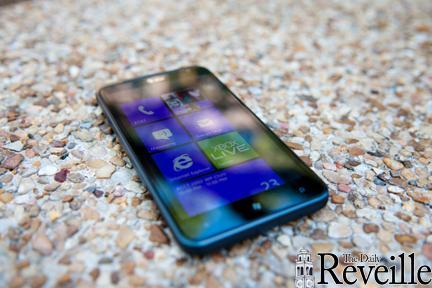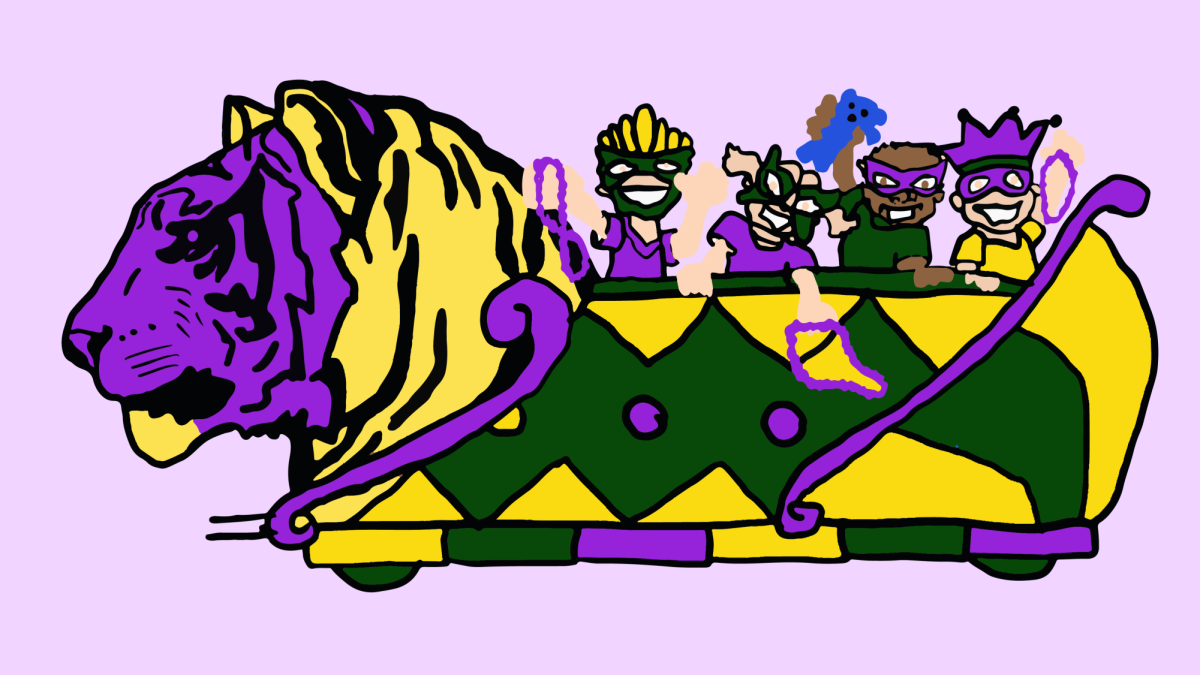Walk into any electronics store and the mobile section is dominated by rows of iPhones and Androids.
But there is a third competitor in today’s smartphone sphere: Windows Phone.
The successor to Microsoft’s business-centered Windows Mobile platform, Windows Phone provides an alternative for those who don’t want an iPhone or Android device.
Computer science senior Michael Brummerhop has owned an HTC Titan, which runs Windows Phone, for the last five months, and he said he loves it.
“The user interface is a breath of fresh air,” Brummerhop said.
Windows Phone’s interface is centered around “Live Tiles,” application squares that flip and display information whenever it is sent to the phone. For example, if a user receives a text message or e-mail or if someone updates Facebook, those respective tiles will flip and display that information without actually opening the app.
“It’s going in a different direction,” Brummerhop said. “And I like where it’s going.”
It certainly is different, with tech blog Engadget calling it “a full-scale nuclear assault on everything you knew about Windows on phones,” and technology website CNET saying, “Microsoft essentially pressed the restart button.”
The Titan has a 4.7-inch screen, the largest of any Windows Phone, and 16 GB of storage.
Brummerhop bought the phone for a penny with a new contract on Cyber Monday, the online equivalent of Black Friday held the Monday after Thanksgiving, but that isn’t the sole reason he bought the phone.
“I read a lot about tech, and I was reading about [Windows Phone], and it sounded more interesting than Android,” he said. “And I didn’t really want to get an iPhone.”
But Windows Phone, released in November 2010, is still a fledgling operating system. Android, released in 2008, and iOS, released in 2007, enjoyed several years to gain popularity.
That’s obvious, as Windows Phone isn’t even listed in research firm Nielsen’s February 2012 market statistics – it’s lumped into the “other” category with an 8 percent market share. This is compared to 48 percent and 32 percent for Android and iPhone, respectively.
In addition, the Windows Phone Marketplace only has 70,000 apps, whereas the Apple App Store has more than 550,000 according to an Apple news release.
And rumor has it that existing Windows Phones won’t be able to upgrade to the next version of Windows Phone, codenamed “Apollo.” Sources told tech website The Verge that there wouldn’t be any way to upgrade from Mango, the current version of Windows Phone, to Apollo.
Brummerhop said that didn’t bother him.
“I didn’t buy this phone for what it would be able to do [in the future],” he said. “But that does suck, and I hope they’ll support older phones somehow.”
Overall, Brummerhop said he was happy with Windows Phone and advised those looking for a new phone to give it a try.
“If you don’t use Apple products and don’t use iTunes and you want a phone, check out Windows Phone before jumping to Android,” he said. “Windows Phone is trying to be the best of both worlds.”
____
Contact Taylor Balkom at [email protected]
Windows Phone offers alternative operating system
April 30, 2012







